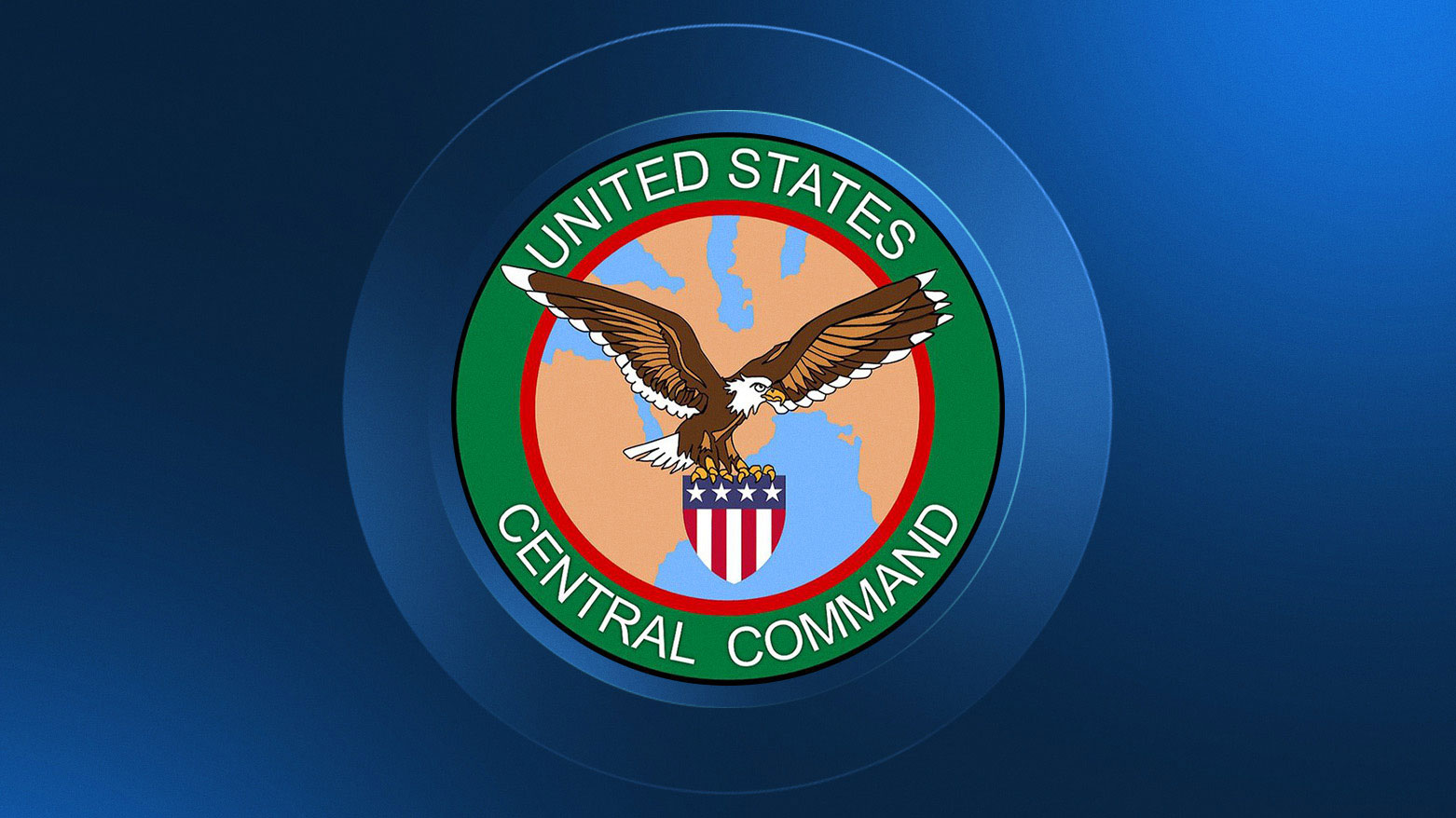Major Blow to ISIS: U.S. Coalition Forces Eliminates Top ISIS External Operations Planner
US and Iraqi forces eliminate senior ISIS external operations planner Omar Abdul Qader in Syria. CENTCOM says he posed a direct threat to the US homeland.

Erbil (Kurdistan24) – U.S. and Iraqi counter-terrorism forces announced on Friday the killing of Omar Abdul Qader, known as “Abdulrahman al-Halabi,” a senior ISIS external operations planner, in a joint raid inside Syrian territory, dealing a major blow to the extremist group’s ability to orchestrate international attacks.
According to a statement released on the official page of U.S. Central Command (CENTCOM), American forces conducted a raid in Syria on September 19 that resulted in the death of Abdul Qader, described as a senior operative directly threatening the U.S. homeland. CENTCOM confirmed that his elimination disrupts ISIS’s external operations network, which had been actively plotting attacks against the United States and its partners.
“We will not yield in our pursuit of terrorists seeking to attack the United States, our forces, or allies and partners abroad,” said Adm. Brad Cooper, CENTCOM commander. “I commend the efforts of our skilled warfighters and all who supported them during the mission.”
U.S. Forces Kill Syria-Based ISIS External Operations Planner
— U.S. Central Command (@CENTCOM) September 19, 2025
On Sept. 19, U.S. Central Command (CENTCOM) forces conducted a raid in Syria that resulted in the death of a senior ISIS operative who posed a direct threat to the U.S. homeland.
Omar Abdul Qader was an ISIS member… pic.twitter.com/aMXiNCIHVu
Hours earlier, Iraq’s Counter-Terrorism Service (CTS) had issued a statement crediting its intelligence and operational coordination with the U.S.-led Coalition in tracking and targeting al-Halabi. Acting on directives from Prime Minister Mohammed Shia’ al-Sudani, who also serves as Commander-in-Chief of the Armed Forces, and under the supervision of CTS head Lt. Gen. Karim al-Tamimi, Iraqi and Coalition forces carried out what was described as a “meticulously planned” mission.
The CTS statement identified al-Halabi as ISIS’s head of external operations and security, overseeing the so-called “distant provinces” of the group. He was also implicated in the bombing of the Iranian Embassy in Lebanon and in foiled plots to carry out large-scale terrorist attacks in Europe and the United States.
According to Iraqi officials, the operation was the result of months of intelligence monitoring, with the CTS tracking al-Halabi’s movements until Coalition warplanes delivered the decisive strike. The statement emphasized that the operation was supported by Iraqi judicial authorities and marked a continuation of a series of targeted killings that, over the past two months, have eliminated more than six senior ISIS leaders.
“The neutralization of al-Halabi represents a strategic loss for the organization, cutting off one of its most dangerous architects of international terror plots,” the CTS declared.
The raid coincided with the arrival of new U.S.-led Coalition reinforcements in Syria’s Hasakah province, Northeast Syria (Western Kurdistan), underlining Washington’s enduring commitment to its local partner, the Syrian Democratic Forces (SDF), in the fight against ISIS.
A military source from the SDF in Deir ez-Zor told North Press that a convoy of more than 15 cargo trucks, refrigerator vehicles, and armored carriers entered the Coalition’s Shaddadi base after departing from Hasakah city. The convoy was escorted along the al-Khurrafi road with warplanes and drones providing aerial cover to safeguard against potential ISIS attacks or other threats.
The SDF Military Council, led by Commander-in-Chief Mazloum Abdi, held its regular meeting on the same day. In a statement, Abdi reaffirmed the SDF’s commitment to the March 10 agreement with Damascus, calling for the preservation of the existing ceasefire and dialogue as the best path to stability in Syria. He also emphasized the importance of protecting the rights of all Syrian communities and preventing destabilizing provocations.
The U.S.-led Coalition has maintained a military presence in Western Kurdistan since 2014, playing a pivotal role in supporting the SDF against ISIS. Although the extremist group lost its territorial strongholds in 2019, sleeper cells remain active in Deir ez-Zor and across Syria’s deserts, necessitating continued counter-terrorism operations.
The Coalition’s reinforcement of its positions comes amid growing regional tensions, including repeated threats by Turkey to launch new operations against Kurdish-led forces. The sustained U.S. presence in Hasakah and Deir ez-Zor signals Washington’s determination to deter an ISIS resurgence while maintaining the delicate balance between local autonomy and national reconciliation.
For the SDF, the latest developments illustrate the complexity of navigating talks with Damascus while ensuring security in territories under their administration. For Washington and Baghdad, the successful strike on al-Halabi underscores the importance of intelligence-driven cooperation in the global fight against ISIS.